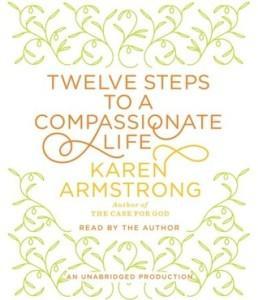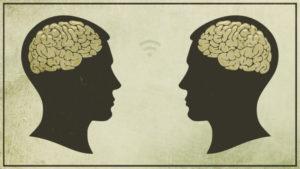 A process for developing personal compassion to engage in compassionate community for a more compassionate world
A process for developing personal compassion to engage in compassionate community for a more compassionate worldWelcome to Compassionate Sunday. We’re working through Twelve Steps to a Compassionate Life by Karen Armstrong, one step per month.
If you live in the St. Louis area, an in-person study group started working with this book and will continue for the next few months. Let me know if you’d like to join us and I’ll you hook you up!
If you’d like to share a post about what you learned about compassion (The First Step) or what you’re seeing in your world (The Second Step), self-compassion (The Third Step), or empathy (The Fourth Step) use the link list below. Or join the discussion in the comments or on Facebook.
The Fourth Step of Twelve Steps to a Compassionate Life is empathy. I’m finding this one builds on the first three steps I took, but also forced me to take a fairly big leap into the compassionate zone. The first three steps focused on me — what I can learn, what’s going on in my world, what I want to do to express compassion for myself. Empathy is the first step that really requires me to focus on others.
For that, it turned out, I needed some outside help. Here are some resources I found.
Six Habits of Highly Empathic People covers the science of empathy and illustrates habits with interesting examples from history:
The 20th century was the Age of Introspection, when self-help and therapy culture encouraged us to believe that the best way to understand who we are and how to live was to look inside ourselves. But it left us gazing at our own navels. The 21st century should become the Age of Empathy, when we discover ourselves not simply through self-reflection, but by becoming interested in the lives of others. We need empathy to create a new kind of revolution. Not an old-fashioned revolution built on new laws, institutions, or policies, but a radical revolution in human relationships.
The author of the above article is also featured in a video talk about empathy.
 LifeHacker’s take on empathy also includes a nice list of how to practice empathy as a habit. As a photography and computer person, I appreciated the metaphor in this reason for why empathy is so desirable:
LifeHacker’s take on empathy also includes a nice list of how to practice empathy as a habit. As a photography and computer person, I appreciated the metaphor in this reason for why empathy is so desirable:
You will experience the world in higher resolution as you perceive through not only your perspective but the perspectives of those around you.
According to the Skills You Need site, in the view of Daniel Goleman, (author of the book Emotional Intelligence) understanding others is only the beginning of empathy. We can build on that to also develop others, have a service orientation, leverage diversity, and increase political awareness. In this election year, we may want to remember, and act on, the positive side of political behavior.
Many people view ‘political’ skills as manipulative, but in its best sense, ‘political’ means sensing and responding to a group’s emotional undercurrents and power relationships.
What books, websites, or advice helped you the most in developing empathy?
